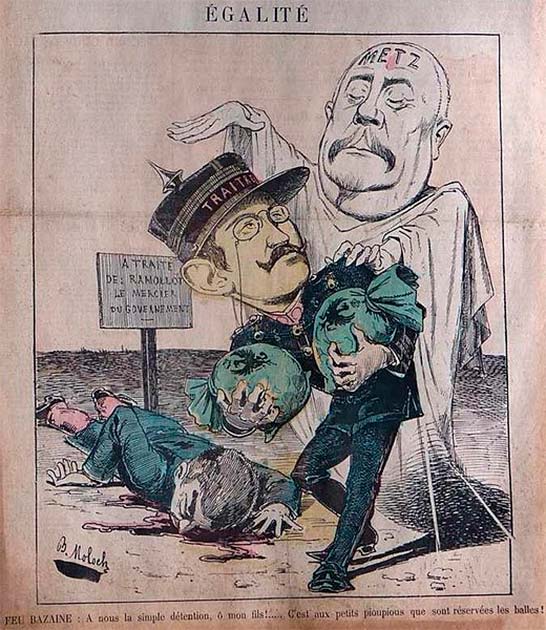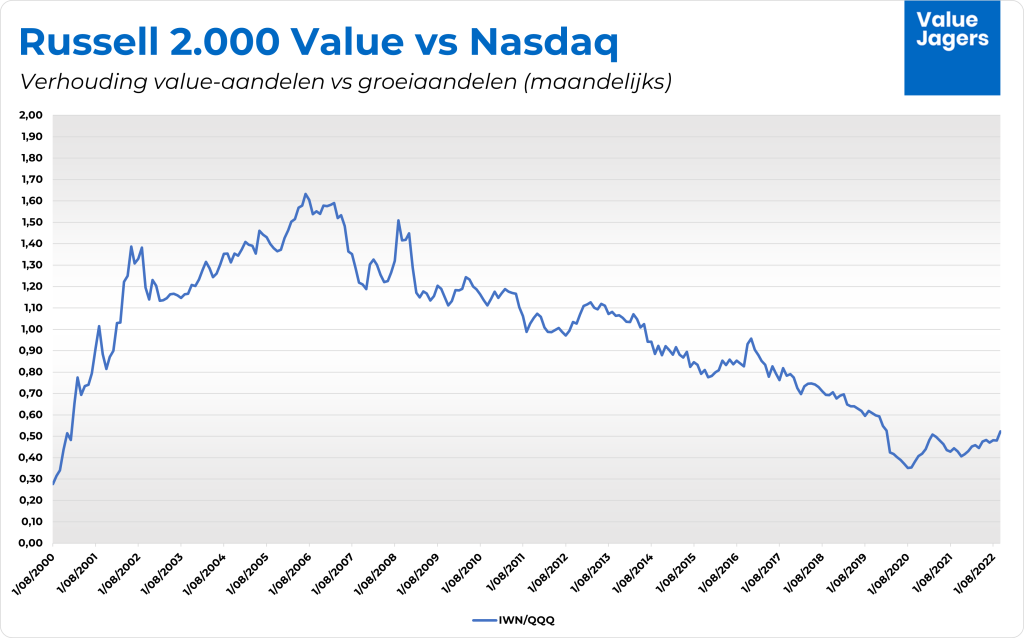Dreyfus Affair: A Century Later, Calls For Military Promotion

Table of Contents
The Dreyfus Affair: A Summary of the Injustice
The Dreyfus Affair centers on Alfred Dreyfus, a Jewish captain in the French Army. In 1894, he was falsely accused of treason based on a flimsy piece of evidence – a bordereau, a handwritten note supposedly revealing French military secrets to the Germans. This accusation, fueled by rampant antisemitism within the French military establishment, led to a flawed court-martial. Despite a lack of concrete evidence, Dreyfus was found guilty and sentenced to life imprisonment on Devil's Island.
- Dreyfus's Background: A highly decorated artillery officer, Dreyfus was a model soldier with no prior indication of disloyalty.
- The Bordereau: The incriminating document was poorly analyzed, with handwriting experts ignoring inconsistencies and focusing on confirming pre-existing biases against Dreyfus.
- Key Figures: Major Ferdinand Walsin Esterhazy, the actual culprit, was protected by a conspiracy within the army. Lieutenant Colonel Georges Picquart, later uncovered evidence exonerating Dreyfus and implicating Esterhazy, but faced resistance from his superiors.
- Public Outcry: The injustice ignited a fierce public debate, dividing French society along political and ideological lines. Prominent intellectuals like Émile Zola championed Dreyfus's cause.
- Exoneration: After years of tireless campaigning by Dreyfusards, Esterhazy was exposed, and Dreyfus's conviction was eventually overturned. However, the damage to his reputation and the scars of antisemitism remained.
The Lasting Impact on French Society and Politics
The Dreyfus Affair's impact extended far beyond the military. It profoundly shook French society and politics, exposing deep-seated antisemitism and highlighting the flaws within the French justice system.
- Military-Civilian Relations: The Affair severely damaged the relationship between the army and the civilian government, exposing the army's excessive power and influence.
- Public Opinion and the Press: The role of the press in shaping public opinion was pivotal. The intense media coverage intensified the polarization of French society.
- Justice System's Image: The Affair severely damaged public trust in the military and judicial systems. The perception of unfairness and bias in the handling of the case lingered for years.
- Rise of Zionism: The intense antisemitism exposed by the affair fueled the growth of the Zionist movement, emphasizing the need for a Jewish homeland.
Modern Parallels and Calls for Military Promotion Reform
The Dreyfus Affair's legacy continues to resonate in modern discussions about military accountability, transparency, and diversity. The parallels to present-day challenges are striking.
- Modern Cases: Many modern cases involving allegations of bias and injustice within military structures echo the themes of the Dreyfus Affair. These cases often involve issues of race, gender, or religious discrimination.
- Bias in Promotion: The need for thorough investigation into potential biases in military promotion systems is essential. Implicit and explicit biases can unfairly disadvantage qualified candidates from marginalized groups.
- Improving Transparency: Increasing transparency in the promotion process is crucial. Clearer guidelines, objective criteria, and more open processes can help mitigate bias and enhance fairness.
- Achieving Meritocracy: A meritocratic system that prioritizes competence and qualifications over personal connections or biases remains the ultimate goal. Implementing blind review processes and robust oversight mechanisms can help achieve this.
Conclusion
The Dreyfus Affair, though a historical event, continues to serve as a stark reminder of the dangers of unchecked power, prejudice, and a lack of transparency within institutions. Its legacy highlights the enduring need for fairness, accountability, and meritocracy in military promotion systems. The lessons learned from this century-old injustice remain profoundly relevant today. Understanding the enduring relevance of the Dreyfus Affair is crucial for fostering a more just and equitable military promotion system. Let’s continue the conversation and push for reforms that prevent similar injustices from happening again. Learn more about the Dreyfus Affair and its continuing impact on military promotion today.

Featured Posts
-
 Buffetts Succession At Berkshire Hathaway What Happens To Apple Investment
May 25, 2025
Buffetts Succession At Berkshire Hathaway What Happens To Apple Investment
May 25, 2025 -
 A Successful Escape To The Country Avoiding Common Pitfalls
May 25, 2025
A Successful Escape To The Country Avoiding Common Pitfalls
May 25, 2025 -
 Zal De Snelle Marktdraai Van Europese Aandelen Ten Opzichte Van Wall Street Aanhouden
May 25, 2025
Zal De Snelle Marktdraai Van Europese Aandelen Ten Opzichte Van Wall Street Aanhouden
May 25, 2025 -
 Nintendos Action Leads To Ryujinx Emulators Development Cessation
May 25, 2025
Nintendos Action Leads To Ryujinx Emulators Development Cessation
May 25, 2025 -
 Nemecke Firmy A Hromadne Prepustanie Analyza Situacie Na H Nonline Sk
May 25, 2025
Nemecke Firmy A Hromadne Prepustanie Analyza Situacie Na H Nonline Sk
May 25, 2025
